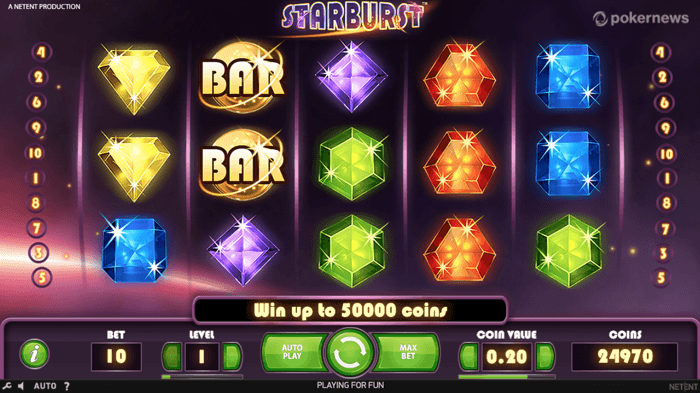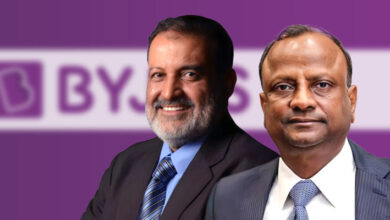
A Dharwad High Court Bench order ruled that the police cannot raid gambling dens without a formal written order from a magistrate because gambling is a non-cognizable and conspiracy to commit an offense. On December 10, 2019, Justice P G M Patil issued an order in the Vageppa Gurulinga Jangaligi versus the Kagwad court case, outlining a set of rules for police and magistrates to follow while investigating a non-cognizable offense.
A recent interest of the public litigations seeking a ban on online gaming and wagering – in which the high court sought the government’s policy on establishing a gambling ban – has acted as a trigger for implementing the Karnataka Police Act, 1963 modifications.
The new legislation aims to “include the use of cyberspace, includes computer resources and other communications system specified in the Information Technology Act 2000, in the process of gaming in order to reduce the threat of gaming through the internet or mobile app.”
Today’s regulations are a bit hazy. So because the boundary between ‘games of skill’ and ‘online gambling‘ is blurry.

Gambling on games is prohibited under Indian law, while gambling on competitive sports is permitted. It’s difficult to tell if a game is a talent or a chance.
The Supreme Court ruled that Rummy, unlike three matches such as flush and brag, isn’t gambling. According to The Citizen, Rummy requires players to get a certain amount of expertise when memorizing. Any game that demands a specific skillset from the player is lawful.
Teen Patti and Rummy, two popular casino games, attract participants.
Teen Patti: The game recreates the atmosphere of a casino, complete with actual dealers and glitzy studios.
Rummy: Some other popular online games, Rummy allows players to choose from several characters, internet games with real people, and win or lose based on qualifications and wagers.
Blackjack, Roulette, Barrack, Indian Flush, and Andar Bahar are more popular games.
Why weren’t the games available on Google play?
In its policy change, Google has removed ‘India,’ where applications are permitted.
Google has allowed applications to be downloaded from its computers in the United States, Japan, Germany, Australia, Mexico, Canada, Belgium, New Zealand, Norway, Sweden, Spain, Romania, Finland, Denmark, and Colombia.
The Appstore UI prevents the installation of several gambling apps. One reason for this, according to reports, is that governments have issued orders explicitly banning such apps. Paytm’s initial games, for example, were recently prohibited due to a violation of Google’s terms of service.

Are the new gambling law applicable to internet play and sports wagering as well?
Apart from horseracing and lottery, the revised legislation allows all kinds of wagering or gambling “in conjunction with any game of chance.” The revised bill further defines gambling as “any act of risking money or others on the unknown outcome of an event, such as on a game of skill.” It specifies that “any act of risking money or others on the unknown result of an event, including on a game of chance” is illegal.
Unlike previous legislation, which exempted betting by players participating in a game of skill, the new law exempts only “playing of pure game of skill,” not “wagering by people participating in such game of skill.”
Teenage mobile gaming has become a rising problem due to the advancement of technology. The current study looked at the incidence of teenage mobile gaming and the link between mobile frequency and disorders. 6,818 junior/senior high school students aged 10 to 19 completed a survey measuring past-year activity, disorders, the perceived danger, and family and peer rejection.
According to a descriptive statistic, it is prevalent in 5% of the population, and frequent mobile gaming (at least monthly) is linked to a higher risk of developing a gambling problem and engaging in other types of gambling. After adjusting for those other variables, perceived risk of gambling-related harms and peer disapproval were not significant predictors. According to the findings, teenage mobile gaming might be an indicator of adolescent problem gambling.

Because mobile gaming is becoming more accessible, the findings are helpful for prevention and early intervention.
What are the penalties for gambling now that the legislation has been changed?
The new legislation provides a maximum penalty for gambling center proprietors’ first to three years in jail and penalties from Rs 1000 to Rs 1 lakh. The proposed minimum sentence is six months rather than one month, with a fine of Rs 10,000 instead of Rs 500. The penalty for helping or facilitating gambling has been increased to six months in jail and a Rs 10,000 fine.
One first offense of managing a gambling establishment would result in a six-month prison sentence and a Rs 10,000 fine, while a second offense will result in a year in prison and a Rs 15,000 punishment. A third strike will result in an 18-month jail sentence and a Rs 20,000 fine.
Will the latest modifications to Karnataka‘s gaming laws hold up to legal scrutiny?
The Tamil Nadu government enacted legislation in February that prohibits all kinds of gambling, primarily internet gaming. After already being appealed by an online gambling company, the rule was knocked to the ground by the Madras High Court in August as being extra vires and superfluous.

Whether card games or board games like chess or Scrabble, there is no differentiation between the ability required in the physical and virtual forms of the activity. True, Arnold Palmer or Severiano Ballesteros may not ever master how to play a round of golf on a computer, and Messi or Ronaldo may be outscored by a team of infants in a virtual football game. Still, Viswanathan Anand or Omar Sharif would not be so handicapped when playing their favorite games of skill in the virtual model.
The revised Karnataka Police Act’s partial inclusion of competitive sports as gambling acts is likely to be questioned.
What has been the reaction of gaming firms to the new Karnataka law prohibiting wagering on online games?
Some exclusions have been made in the bill, notably online harness racing betting. “I’m not convinced a judicial mind will find any persuasive logic for this action,” a corporate lawyer working for a gambling firm remarked.
Article Proof Read & Edited By Shreedatri Banerjee




